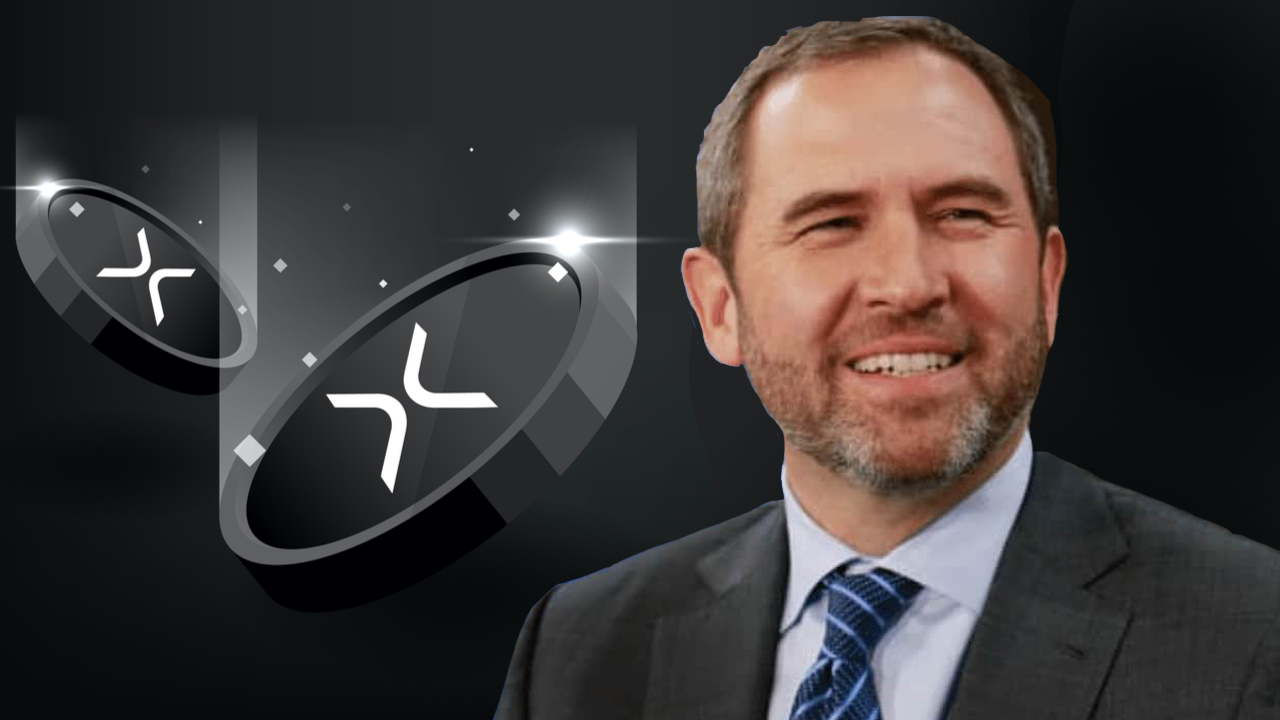
A panel of experts at the 2023 World Economic Forum highlighted how the metaverse could deliver practical use cases of large-scale industrial industries like healthcare and retail.
The metaverse continues to be a central talking point among leaders and decision-makers in global industries. For many, the vision of the future of the metaverse is not limited to a gamified version of reality.
At the World Economic Forum (WEF) 2023 in Davos, Switzerland, a panel of experts came together to discuss a global idea of an industrialized metaverse. With echoes of the industrial revolution, the industrialized metaverse will bring Web3 technologies into industries that are at play in everyday life.
The “Deployment in the Industrialized Metaverse” discussion started out with Abdullah Alswaha, the minister of communications and information technology in Saudi Arabia, expressing that the current reality of digital engagement doesn’t match up to its potential.
“The digital world that we live in today is not fit for purpose in the 21st century.”
Instead, it could, and arguably will be better off, leveling up the current digital communications for situations such as telework. Alswaha continued:
“I’m a big advocate of the metaverse that it’s going to be the next wave of how immersive experiences work for consumers, enterprises, and the industry.”
Peggy Johnson, the CEO of augmented reality company Magic Leap, said the industrial metaverse would only come into play when digital and physical worlds begin to merge:
“That’s when it really comes to life and brings true productivity in these industrial environments.”
Åsa Tamsons, the senior vice president and head of business area technologies at Ericsson, said this technology is already at play with big use cases in the healthcare, automotive and consumer electronics industries.
Another example was in retail onboarding:
“Huge retail and consumer goods companies are working on how to use this metaverse technology to improve and shorten the time for employee onboarding and training.”
When explicitly asked about metaverse technology in real-time situations in the healthcare industry, the CEO of Siemens Healthineers, Dr. Bernd Montag, said that although there are use cases, healthcare needs more time to catch on.
He clarified why the healthcare industry might be seen as being behind digitally.
“It is that you want to have ultimate safety. You want to have ultimate trust. This is sometimes harder to solve and that is why the adoption also doesn't come in with a big bang.”
However, he did mention that the shift to augmenting surgery with 3D is happening, albeit “very gradually.”
Related: Metaverse to possibly create $5T in value by 2030: McKinsey report
Both Tamsons and Johnson highlighted the need for governmental involvement in the release of new technology within a massive industry. This comes down to many things such as safety and privacy.
She continued to say there should be a line between under and over-regulation.
“I think that’s the appropriate way to bring new technologies. You don’t want to suppress innovation, but you also don’t want to allow [it] out in the wild without the proper constraints around it.”
At the recent Consumer Electronics Show 2023, new metaverse technology was showcased that could deploy touch and smell in digital reality, which has the potential to enhance interactions for both average and industrial usage in the near future.











